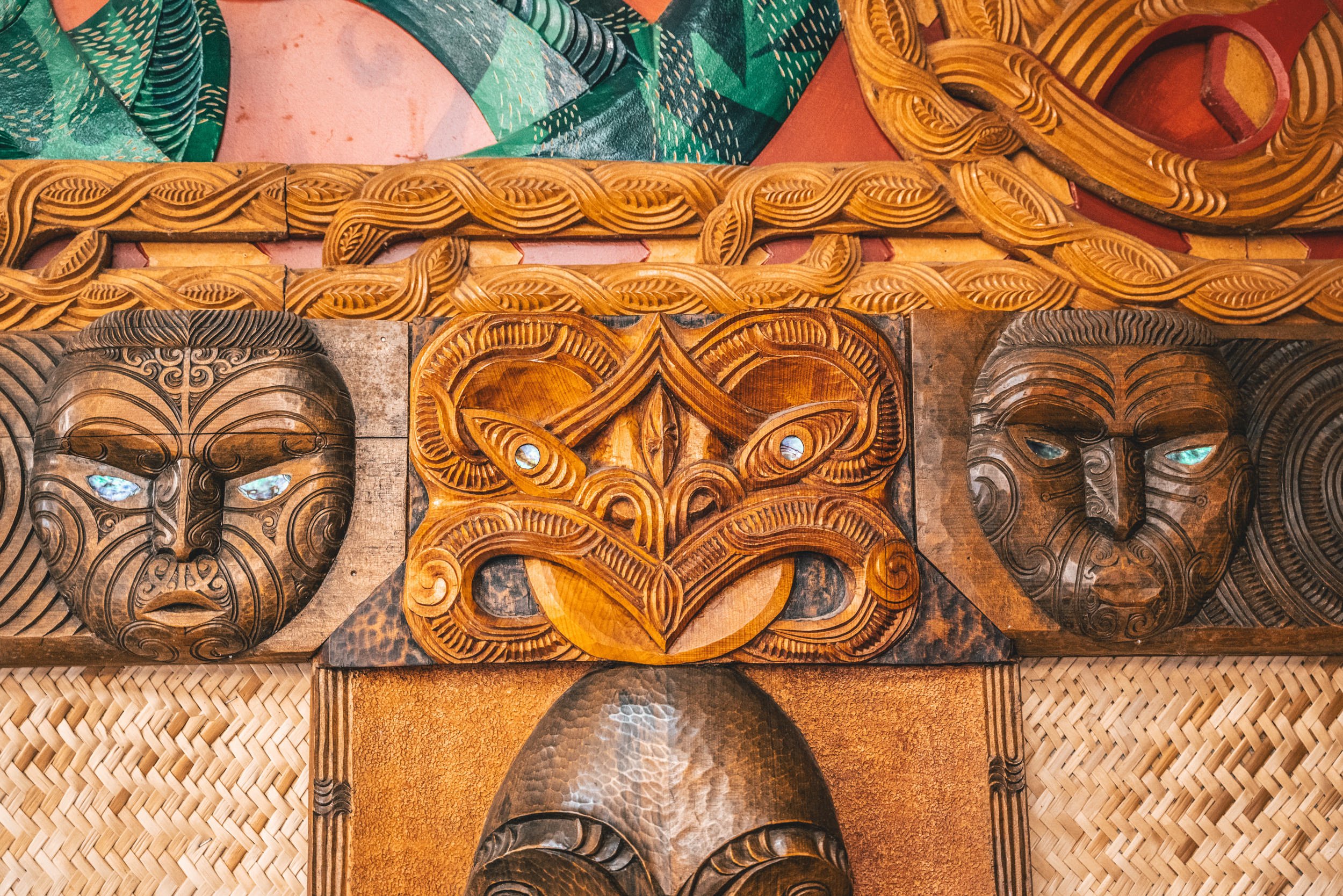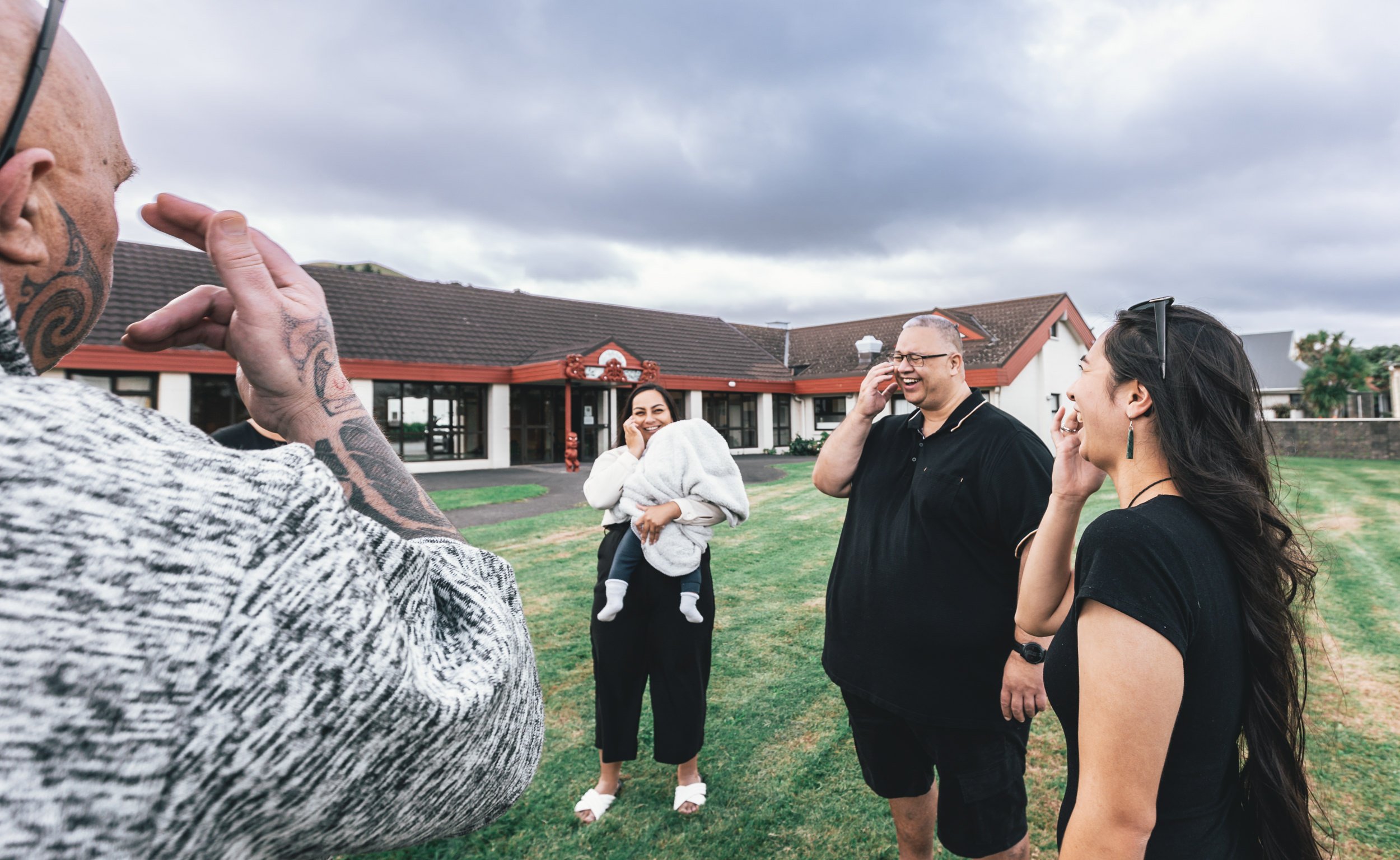
Our Story
Kaharawa was established in 2021 by Michael (Harley) Thompson. The overall purpose of Kaharawa is to give expression to the building of meaningful relationships through Kaupapa Māori.
The company was named Kaharawa which means to utilise the strength of higher spiritual powers.
Harley is a registered social worker, educator and youth work expert with 37 years combined experience in the social service sector, heath and education sectors. He reflected on how his practice impacted social services, kura kaupapa Māori, mainstream secondary schools, community and some government agencies. It showed that the KAHA whanaungatanga model could be implanted and used in various settings.
The KAHA whanaungatanga model was registered and given Te Hā the breath to bring it to life.
This model has been heavily influenced by Harley’s village upbringing at Maraeroa Marae with his parents and kaumātua.
KAHA Whanaungatanga Model
The model consists of three distinctive themes:
Kaupapa Māori principles
Engagement
Te Hā (the breath of life)
Kaupapa Māori
principles
The KAHA whanaungatanga model is founded on:
Whanaungatanga - Quality relationships
Wairuatanga - Spirituality
Āhurutanga - provision of a safe environment
Kaitiakitanga - Nurturing leadership
All four occur concurrently and therefore can be experienced simultaneously.
Engagement
Engagement follows a prescribed sequence using the acronym KAHA:
Koha - to give without expectation of receipt,
Aha - He aha te take? - what's wrong, what’s right?
Hōhā - Frustration, anger, anxiety and stress are normal
Aroha - Support that is given with love.
In its simplest form KAHA can be described as courage and resilience – elements needed to activate transformational change.
Te Hā
The acronym KAHA is made up of words that all end with suffix HĀ - kaha, aha, hōhā and aroha. Te Hā in te reo Māori is translated as the breath of life.
Harley believes the KAHA model can also be utilised as a framework for:
Assessment
Evaluation
Governance
Human Resource
Management
Peer Review
Practice
Praxis
Professional Supervision
Public Policy
Self Reflection
Social Policy
Team Building
Theory






